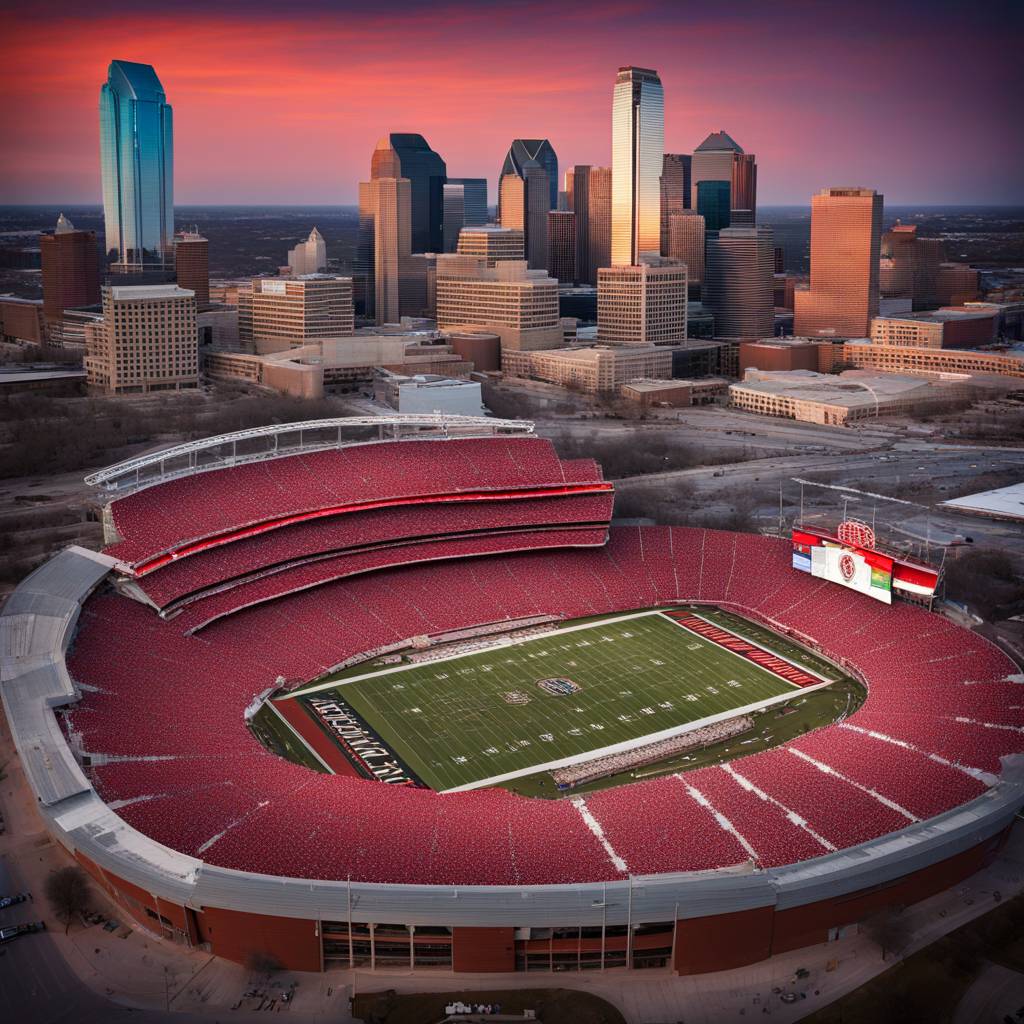Local taxpayers in Jackson County, Missouri have denied a state tax that would have helped renovate Arrowhead Stadium, home to the Kansas City Chiefs. This rejection could potentially lead to the Chiefs having to move to a new county or state. The team was seeking $800 million for renovations, with $300 million being donated by the organization and president Mark Donovan. With the deal halted, the Chiefs have several options to consider, including coming up with a more taxpayer-friendly deal, seeking private investors, or relocating to a new area.
One interesting development is that the mayor of Dallas, Eric L. Johnson, has voiced support for the Chiefs to move to his city. The team, originally established as the Dallas Texans in 1959 by Lamar Hunt before moving to Kansas City in 1963, could potentially return to Dallas and become a powerhouse in the city. The Cowboys still rank first among the most valuable sports franchises, with an estimated value of $9 billion, while the Chiefs are 35th on the list with a value of $4.3 billion. Moving the Chiefs to Dallas could make the city a significant destination for NFL fans.
Despite the uncertainty surrounding Arrowhead Stadium’s renovations, moving the Chiefs to Dallas could potentially yield substantial profits for both the city and the NFL. While it may seem unlikely for Cowboys owner Jerry Jones to allow another team to rival his franchise, there may be opportunities for collaboration and profit-sharing. The most logical landing spot for the Chiefs could be in Kansas City, Kansas, but this decision would require approval from the NFL and other parties. Citizens would likely welcome an alternative to keep the Chiefs in place at Arrowhead Stadium, preserving their beloved team’s legacy.
The Chiefs, being one of the most popular teams in the NFL and back-to-back Super Bowl champions, hold a significant place in the hearts of their fans. The potential move to Dallas could present new opportunities for the team to grow and expand their fan base. While the rejected renovation deal poses challenges for the organization, exploring various options and avenues for investment could lead to a viable solution to keep the team thriving. Whether through a revised agreement that aligns with taxpayer interests, private investment partnerships, or relocation to a new location, the Chiefs have several paths to consider in their quest for sustainable growth.
As discussions and speculations continue regarding the future of Arrowhead Stadium and the potential relocation of the Chiefs, it is evident that any decision made will have a significant impact on both the team and its loyal fan base. Ultimately, the outcome of these deliberations will shape the next chapter in the Chiefs’ storied history and determine their trajectory in the NFL landscape. With the potential for new opportunities and growth on the horizon, the Chiefs must navigate the challenges ahead with foresight and strategic planning to secure their position as a prominent and successful franchise in the league.








